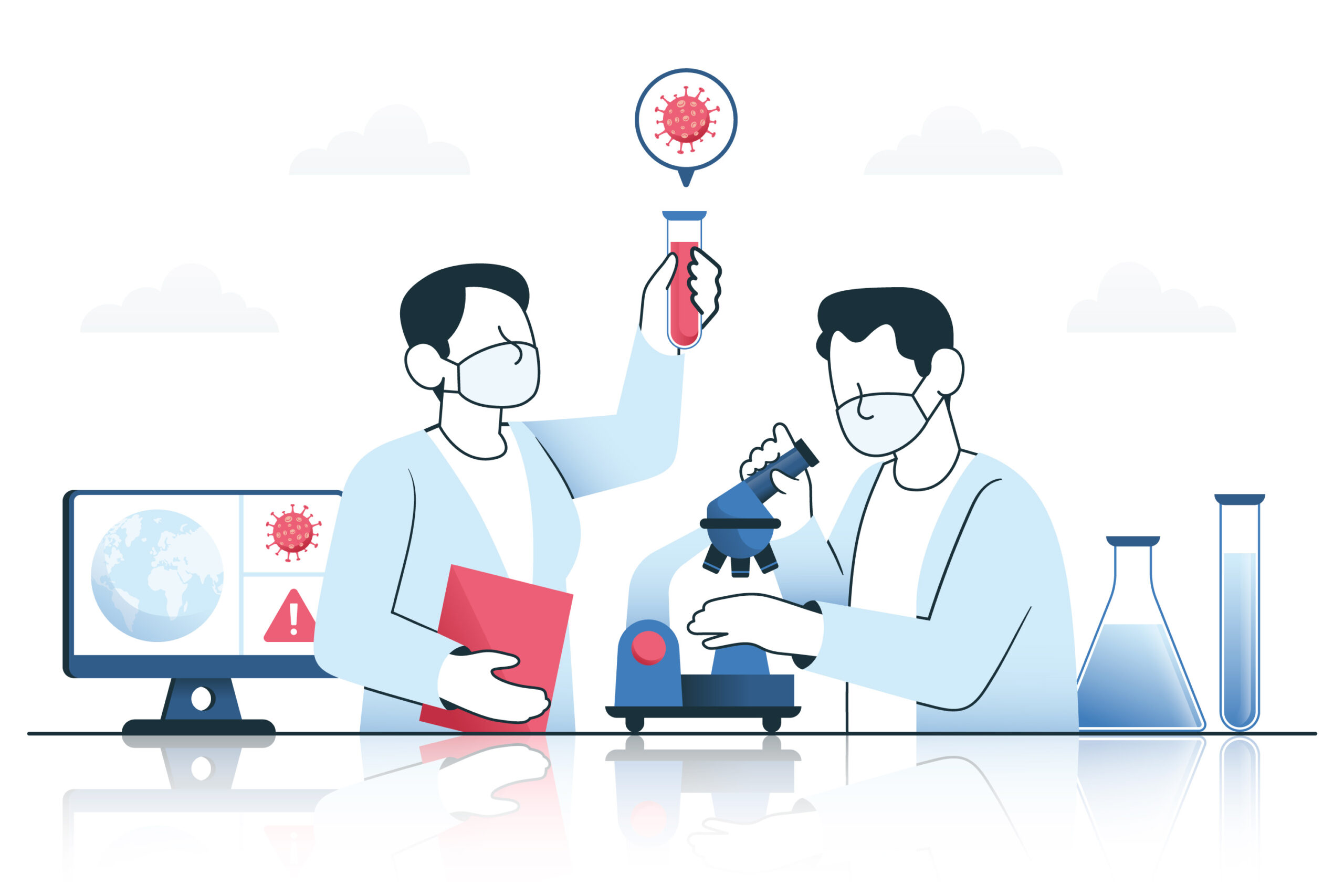
Pharmacovigilance Interview Tips
To help you prepare for a Drug Safety Associate interview, here’s a guide covering key preparation tips, skills required, and common interview questions with suggested answers:
1. Preparation for the Interview
- Understand Drug Safety/Pharmacovigilance: Familiarize yourself with the role of a Drug Safety Associate, who ensures that pharmaceutical products are safe for patients by monitoring and reporting adverse drug reactions (ADRs).
- Regulatory Knowledge: Study key regulatory guidelines from authorities like the FDA, EMA, and MHRA, especially those related to pharmacovigilance.
- Review Pharmacovigilance Terms: Know the terminology used in pharmacovigilance, including terms like adverse event (AE), serious adverse event (SAE), signal detection, and case processing.
- Drug Safety Databases: Familiarize yourself with drug safety software like Argus Safety, ARISg, and VigiBase, which are commonly used for case management.
- Good Documentation Practices (GDP): Understand the importance of accurate and thorough documentation in drug safety reports.
- Pharmacovigilance Processes: Know the lifecycle of adverse event reporting, case processing, and the role of risk-benefit analysis.
- Stay Current with Industry Trends: Keep updated on changes in pharmacovigilance regulations and the latest advances in drug safety monitoring.
2. Key Skills Required
- Attention to Detail: The ability to accurately record and assess adverse events without missing important details.
- Regulatory Knowledge: Understanding of international pharmacovigilance regulations and how they apply to drug safety.
- Communication Skills: Both written and verbal communication skills are critical for writing clear reports and interacting with medical professionals.
- Data Analysis Skills: You need to analyze and interpret drug safety data to assess risks and benefits.
- Time Management: Ability to handle multiple cases, meet deadlines, and ensure compliance with timelines for reporting adverse events.
- Collaboration: Working with cross-functional teams such as regulatory, medical, and clinical departments.
- Ethical Judgment: Strong ethical responsibility to ensure patient safety and report data accurately.
3. Common Interview Questions and Suggested Answers
Technical Questions:
- Q1: Can you explain what pharmacovigilance is and its importance in the pharmaceutical industry?
A1: Pharmacovigilance involves the detection, assessment, understanding, and prevention of adverse effects or any other drug-related problems. It is critical because it ensures the safety of patients by monitoring drugs post-market approval and helps maintain the drug’s benefit-risk balance. - Q2: What is an Adverse Drug Reaction (ADR) and how does it differ from an Adverse Event (AE)?
A2: An ADR is an unwanted or harmful reaction experienced after the administration of a drug at normal doses, while an AE is any undesirable experience during drug use, which may or may not be related to the drug. - Q3: Can you explain the typical workflow of case processing in pharmacovigilance?
A3: The process typically begins with receiving the case (adverse event report), followed by data entry, case validation, medical coding (using MedDRA), causality assessment, and narrative writing. Finally, the case is reported to regulatory authorities according to established timelines. - Q4: What are serious adverse events (SAEs), and how do you determine if an event qualifies as an SAE?
A4: SAEs are adverse events that result in death, are life-threatening, require hospitalization, lead to significant disability, or involve birth defects. The seriousness is determined based on these criteria. - Q5: What is the purpose of MedDRA in pharmacovigilance?
A5: MedDRA (Medical Dictionary for Regulatory Activities) is a standardized medical terminology used for coding adverse events and facilitates the consistency of adverse event reporting globally.
Scenario-Based Questions:
- Q6: How would you handle a scenario where a healthcare professional reports an incomplete adverse event report?
A6: I would reach out to the reporter to gather the missing details and ensure the case is complete. Clear communication is key to collecting essential information, such as patient identifiers, suspect drugs, adverse reactions, and outcomes, before submitting the report. - Q7: You are reviewing an adverse event report where the causal relationship between the drug and the event is unclear. How would you proceed?
A7: I would assess all available data, including patient history, concomitant medications, and clinical outcomes. If the data remains insufficient, I would request additional information from the reporter and conduct a thorough causality assessment using established criteria (e.g., WHO-UMC causality assessment).
Behavioral Questions:
- Q8: Describe a situation where you had to meet a strict deadline while ensuring the quality of your work.
A8: In a previous role, I was handling multiple adverse event reports that needed to be submitted within tight regulatory timelines. I prioritized the tasks, focused on maintaining the accuracy of each report, and collaborated with team members to ensure all cases were submitted on time without compromising quality. - Q9: How do you handle repetitive tasks like case processing while maintaining high attention to detail?
A9: I stay focused by regularly reminding myself of the importance of my work for patient safety. I also take short breaks to stay fresh, review each case with a critical eye, and use checklists to ensure all information is accurately entered.
Regulatory and Compliance Questions:
- Q10: What do you know about EudraVigilance and its role in pharmacovigilance?
A10: EudraVigilance is a European database that facilitates the reporting, analysis, and monitoring of suspected adverse reactions for drugs authorized in the European Economic Area. It plays a key role in the early detection of potential safety issues with drugs. - Q11: How do you ensure compliance with pharmacovigilance regulations?
A11: I stay updated on changes in global regulatory guidelines, ensure all cases are processed within regulatory timelines, and follow Good Pharmacovigilance Practices (GVP). Regular internal audits and training sessions also help ensure compliance.
Drug Safety Systems and Tools:
- Q12: What experience do you have with pharmacovigilance software such as Argus Safety or ARISg?
A12: In my previous roles, I have used Argus Safety for case management. I’m familiar with its features for case processing, data entry, medical coding, and generating reports. I can quickly adapt to similar drug safety databases like ARISg.














